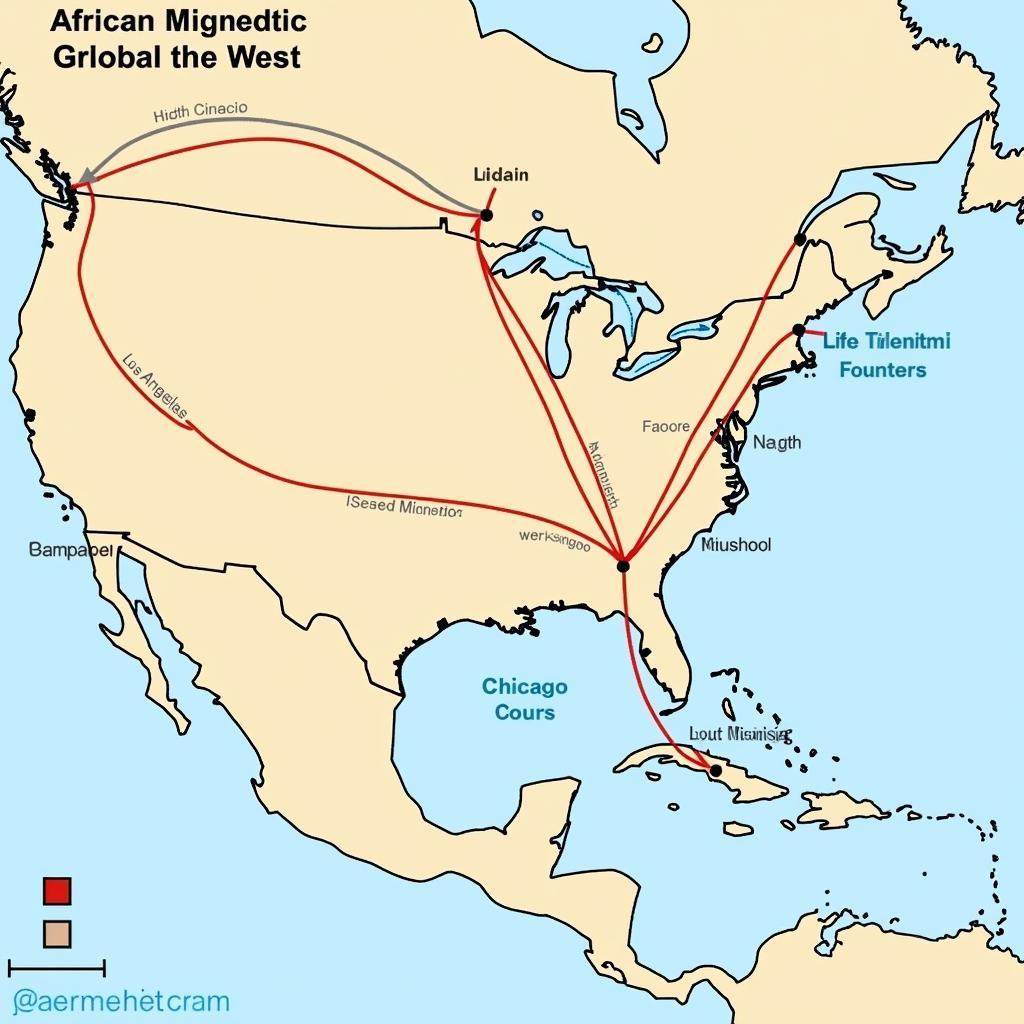The Devastating Impact of African Bush Fires
African Bush Fires are a recurring phenomenon across the continent, shaping landscapes and impacting both wildlife and human populations. Understanding their causes, consequences, and management is crucial for preserving Africa’s unique ecosystems.
The Complex Causes of African Bush Fires
African bush fires ignite due to a combination of natural and human factors. Lightning strikes, particularly during dry seasons, are a common natural cause. However, human activities play a significant role. Accidental fires from discarded cigarettes, unattended campfires, and agricultural practices like land clearing contribute significantly to the problem. Deliberate acts of arson, sometimes motivated by land disputes or poaching, also contribute. Climate change, exacerbating drought conditions, further increases the risk and intensity of these fires.
Natural vs. Human-Induced Fires
While natural fires have always been part of the African landscape, their frequency and intensity have increased due to human interference. Understanding this distinction is key to implementing effective prevention strategies. “Distinguishing between natural and human-caused fires allows us to focus our efforts on mitigating the preventable causes and developing appropriate management plans,” says Dr. Anika Modise, a fire ecologist specializing in Southern African ecosystems.
The Ecological Impact of Bush Fires
African bush fires have a profound impact on the environment. While some ecosystems, like african grassland climate, have adapted to periodic fires, the increased frequency and intensity of recent fires often exceed the capacity of these ecosystems to recover. Loss of biodiversity, soil erosion, and air pollution are among the severe consequences. These fires also contribute to greenhouse gas emissions, exacerbating climate change.
Effects on Wildlife and Vegetation
African grassland trees and other vegetation are particularly vulnerable to intense bush fires. Many animal species are also at risk, facing habitat loss, injury, and even death. The long-term effects can disrupt ecological balance and threaten the survival of endangered species. “Bush fires don’t just destroy habitats; they disrupt entire food chains and can have cascading effects on the ecosystem,” explains Dr. Modise.
Managing and Preventing African Bush Fires
Effective management and prevention strategies are essential to minimize the destructive impact of bush fires. These include early detection systems, community-based fire management programs, controlled burning to reduce fuel loads, and public awareness campaigns. International cooperation is also vital, sharing knowledge and resources to tackle this transboundary issue.
The Role of Communities and Technology
Local communities play a vital role in fire prevention and management. Engaging them in creating firebreaks, monitoring fire risks, and implementing early response strategies is crucial. Furthermore, leveraging technology, such as satellite imagery and weather forecasting, can improve early warning systems and enhance firefighting efforts.
African Bush Fires and Tourism
Bush fires also pose a significant threat to the tourism industry, which is crucial to many African economies. African bush camps and african hunting holiday destinations can be severely impacted, leading to cancellations and revenue loss. Protecting these areas from fire is not only essential for preserving biodiversity but also for sustaining livelihoods. The iconic african baobab is particularly vulnerable to these fires.
Conclusion
African bush fires are a complex challenge with far-reaching consequences. Addressing this issue requires a multi-faceted approach involving scientific research, community engagement, international collaboration, and policy changes. By understanding the causes and impacts of these fires and investing in effective prevention and management strategies, we can safeguard Africa’s precious ecosystems and ensure a sustainable future for both wildlife and human populations.
FAQ
- What are the main causes of African bush fires?
- How do bush fires impact African wildlife?
- What are the effective strategies for managing bush fires?
- How does climate change contribute to the bush fire problem?
- What is the role of local communities in fire prevention?
- How can technology be used to improve fire management?
- What are the economic consequences of bush fires?
Scenarios
Scenario 1: A farmer accidentally starts a fire while clearing land for agriculture. The fire quickly spreads to the nearby savanna, threatening wildlife and nearby villages.
Scenario 2: Lightning strikes ignite a fire in a remote national park. Due to strong winds and dry conditions, the fire spreads rapidly, posing a significant threat to endangered species.
Scenario 3: A tourist carelessly discards a cigarette butt near dry grass, unknowingly starting a bush fire that damages a popular tourist destination.
Further Exploration
You might also be interested in learning more about:
- Wildlife Conservation in Africa
- The Impact of Climate Change on African Ecosystems
- Sustainable Tourism in Africa
For any support or inquiries, please contact us at Phone: +255768904061, Email: kaka.mag@gmail.com, or visit us at Mbarali DC Mawindi, Kangaga, Tanzania. Our customer support team is available 24/7.



